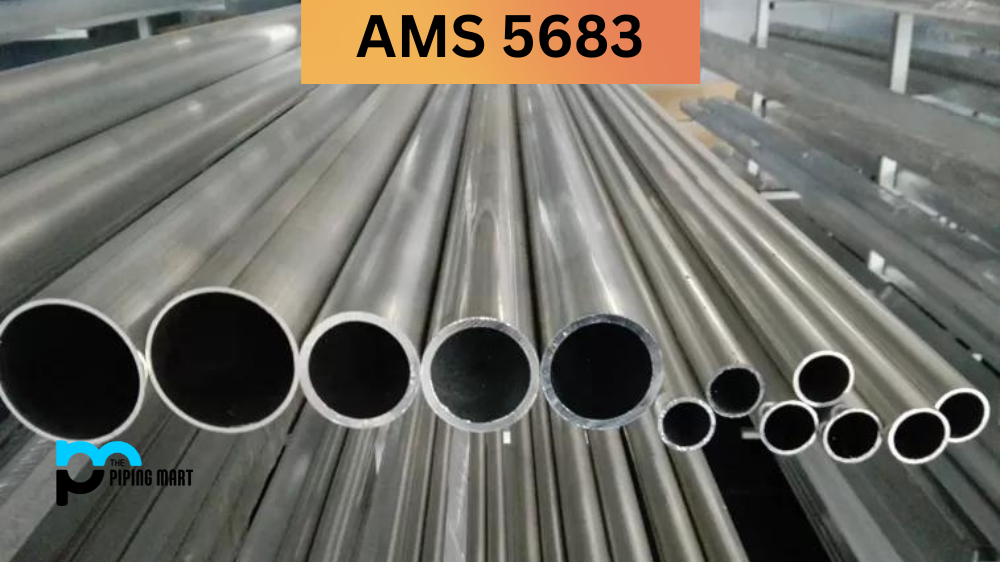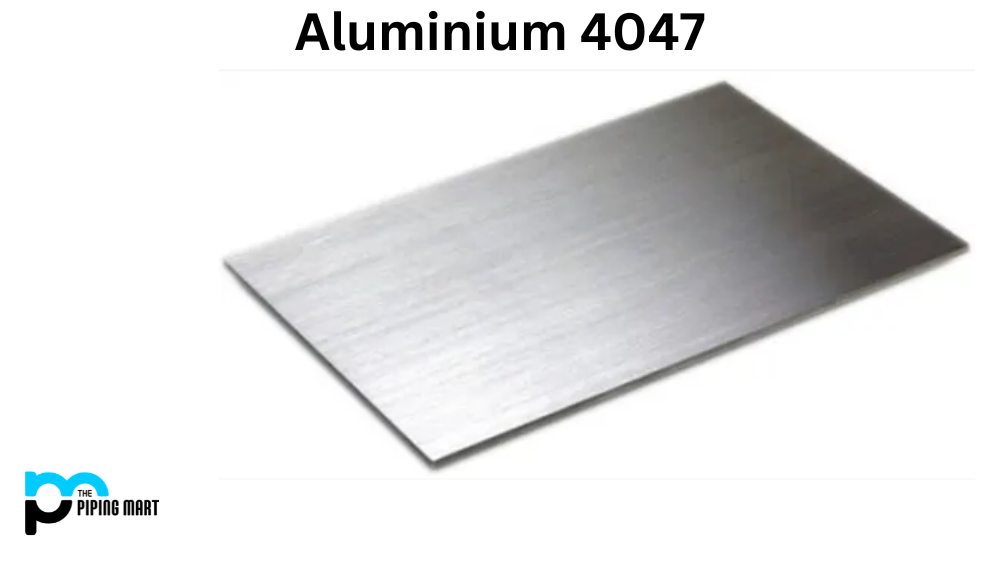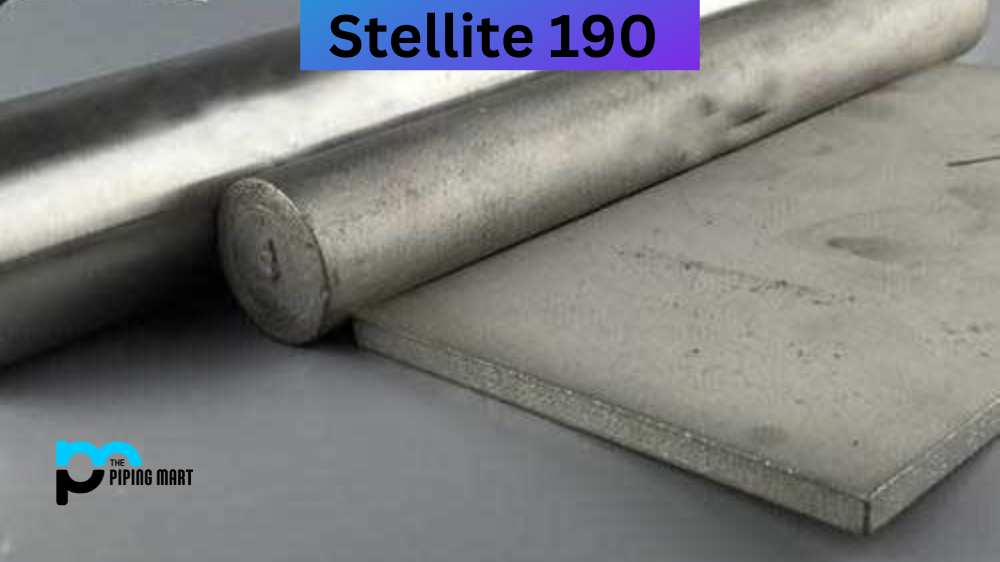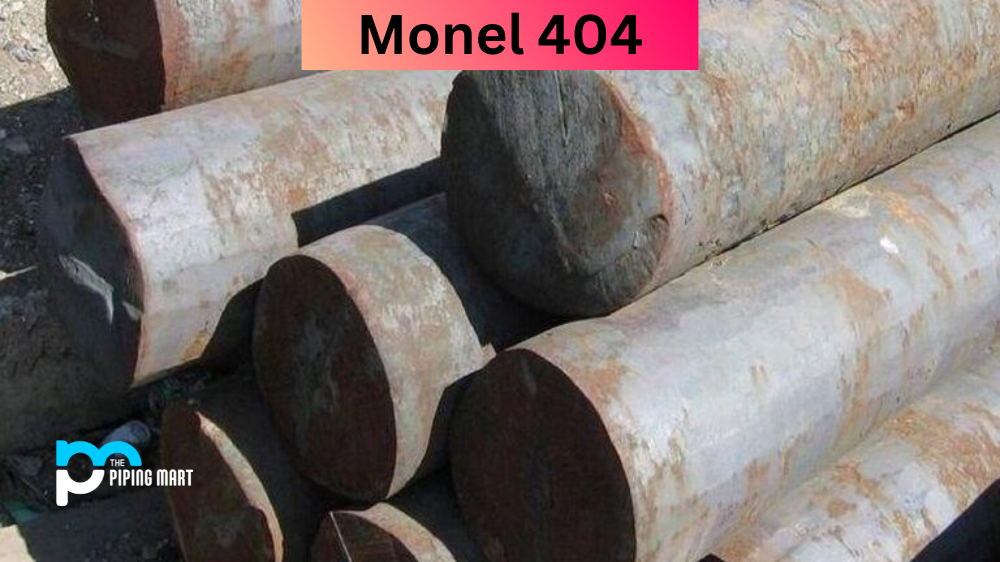AMS 5683 is a high-performance alloy commonly used in demanding applications requiring strong, durable materials. This alloy is highly regarded in the engineering and manufacturing industries due to its exceptional physical and mechanical properties, making it suitable for various applications. This blog post will closely examine AMS 5683’s composition, physical and mechanical properties, and uses.
What is AMS 5683?
AMS 5683 is a specification developed by the Society of Automotive Engineers (SAE) to establish the standards for manufacturing high-strength and high-temperature resistance alloys. This specification is commonly used in the aerospace industry to produce critical components such as turbine blades, exhaust parts, and bearings. Knowing the properties and requirements that AMS 5683 specifies for these alloys is essential for making reliable and safe aerospace parts.
AMS 5683 Composition
AMS 5683 comprises a high percentage of nickel, chromium, iron, and other elements. The alloy is specifically designed to withstand extreme temperatures and high-stress environments. The nickel content in AMS 5683 provides excellent resistance to corrosion, making it highly suitable for use in harsh chemical environments.
AMS 5683 Physical Properties
AMS 5683 has exceptional physical properties, including a density of 8.1 g/cm3, a melting point of 1350°C, and a thermal conductivity of 13.4 W/m.K. Additionally, this alloy has a low thermal expansion coefficient similar to other high-temperature alloys. These properties make AMS 5683 ideal for high-stress and high-temperature applications such as aerospace and gas turbine engines.
AMS 5683 Mechanical Properties
AMS 5683 has impressive mechanical properties, making it an excellent choice for applications where high strength and toughness are crucial. The alloy has a tensile strength of up to 120 ksi, yield strength of up to 50 ksi, and an elongation of up to 30%. In addition, AMS 5683 has excellent fatigue resistance and can withstand cyclic loading and unloading without cracking or breaking.
AMS 5683 Uses
AMS 5683 is widely used in aerospace and gas turbine engine applications due to its exceptional mechanical and physical properties. Other common uses include high-temperature furnace parts, chemical processing equipment, and instrumentation applications. Due to its high corrosion resistance, AMS 5683 is also ideal for marine and saltwater environments.
AMS 5683 Hardness and Heat Treatment
Depending on the specific application, AMS 5683 can be heat-treated to achieve various hardness levels. The alloy’s hardness can range from 25 to 50 HRC (Rockwell hardness scale). Heat treatment can also be used to improve the mechanical properties of the alloy, such as strength and flexibility.
Conclusion:
AMS 5683 is a special alloy that has numerous applications in various industries. Its high strength, corrosion resistance, and ability to withstand extreme temperatures make it a popular material choice for demanding applications. With its impressive mechanical and physical properties, AMS 5683 will remain an essential material in the years to come for manufacturing top-quality parts and components.

Pipingmart is a B2B portal that specializes in metal, industrial and piping items. Additionally, we share the latest information and information about materials, products and various types of grades to assist businesses that are involved in this business.




